02
Feb
2018
09:00
GMT
Webinar
Utilizing NOAC's in Non-Valvular Atrial Fibrillation Patients Undergoing PCI
-
Views:
 832
832
-
Likes:
 0
0
Overview
This independent medical education (IME) series has been created for English, German and Spanish speaking cardiologists and is designed to showcase the latest updates emerging from the data in novel oral anticoagulants in non-valvular atrial fibrillation patients undergoing PCI.
It will consider the latest recommendations on bleeding risks and the impact this has on the optimum duration of therapy with NOACs, for those patients with atrial fibrillation. In particular, the WOEST, PIONEER and RE-DUAL-PCI studies will be considered.
Upon completion of this activity, participants will:
- Apply knowledge gained on the complex nature of antithrombotic therapies in non-valvular AF patients undergoing PCI in a range of clinical scenarios
- Increase knowledge on the complications surrounding triple antithrombotic therapy
- Understand the latest clinical evidence regarding the use of NOAC therapy in AF patients undergoing PCI
Faculty:
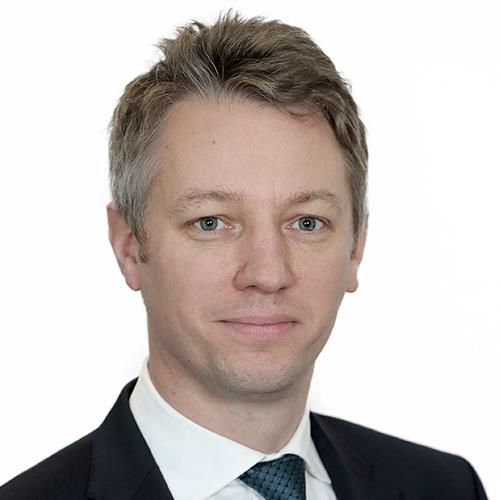
Robert A Byrne
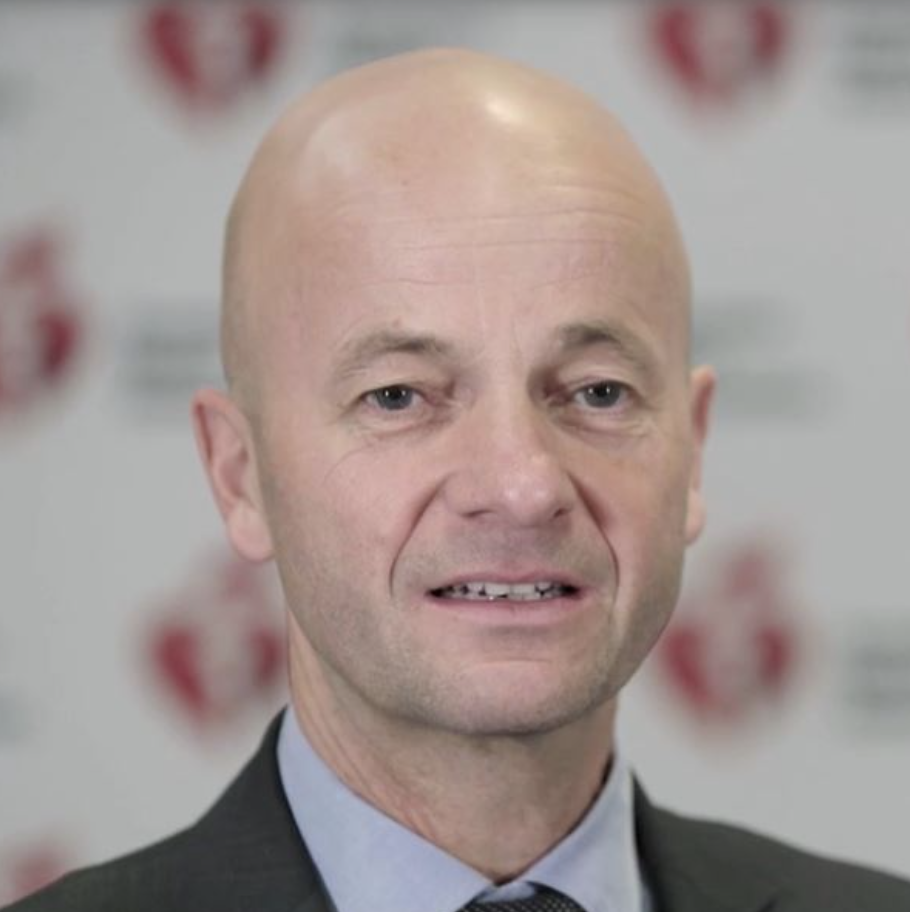
Georg Nickenig
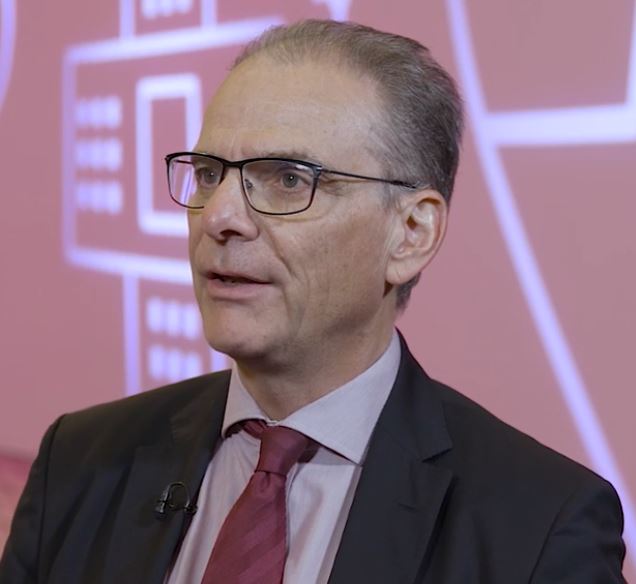
Stefan H Hohnloser
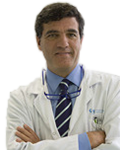
Pepe Zamorano
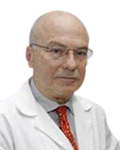
José López-Sendón
This content is supported via an unrestricted educational grant from Boehringer Ingelheim

Key Learning Objectives
- Describe the complex nature and current recommendations for antithrombotic therapy for non-valvular AF patients undergoing PCI
- Define the complications associated with TAT
- Summarize the latest data utilizing NOAC therapy in AF patients undergoing PCI
Target Audience
This webinar is aimed at:
- Interventional cardiologists
- Electrophysiologists
- General cardiologists
Faculty Biographies

Robert A Byrne
Prof Robert Byrne is Director of Cardiology at the Mater Private Hospital, Dublin, and Chair of Cardiovascular Research at the Royal College of Surgeons.
He is also head of the Cardiovascular Research Institut(CVRI Dublin) which is a collaboration with the Royal College of Surgeons in Ireland (RCSI). Its research focus is on Outcomes Research, Clinical Trials, Core Laboratory and Systematic Reviews.
Prof Robert Byrne's internship and general medical training was in the Mater Hospital, Dublin and Mayo Clinic, Arizona. His Cardiology fellowship was in Ireland and at the German Heart Centre, Munich, Germany.

Georg Nickenig
Dr Georg Nickenig is a Full Professor and Chair, Department of Internal Medicine and Polyclinic II, University Hospital Bonn, Germany.
Dr Nickenig completed his doctoral degree in Clinical Medicine from the University of Bonn.

Stefan H Hohnloser
Stefan H Hohnloser is Professor of Medicine and Cardiology at the Johann Wolfgang Goethe University in Frankfurt, Germany, where he is the Head of the Department of Electrophysiology. His primary research interests include sudden cardiac death and its prevention by device therapy.

Pepe Zamorano
Head of Cardiology, University Hospital Ramón y Cajal, Madrid, Spain





